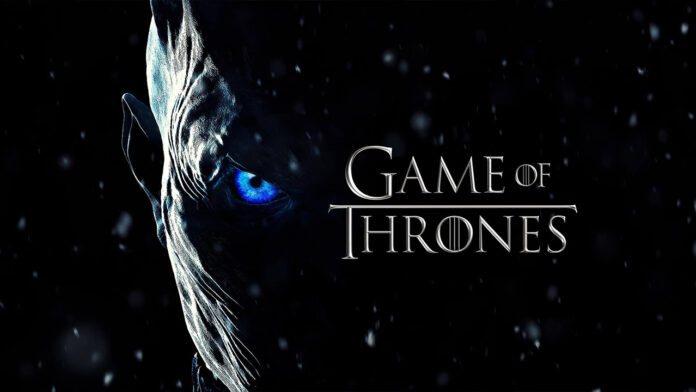Game of Thrones, based on George R.R. Martin’s “A Song of Ice and Fire” novels, captivated audiences worldwide with its intricate plotlines, complex characters, and breathtaking visuals. In this article, we explore fascinating facts about the acclaimed television series, from its origins and production challenges to its enduring legacy in popular culture.
George R.R. Martin’s Vision
Literary Inspiration: Game of Thrones was adapted from George R.R. Martin’s epic fantasy novels, known for their richly imagined world of Westeros and morally ambiguous characters. Martin drew inspiration from historical events, mythology, and medieval literature to create a sprawling narrative filled with political intrigue, warfare, and supernatural elements.
Unfinished Saga: As of writing, George R.R. Martin has yet to complete the final two novels in the series, leaving fans eagerly awaiting the conclusion of the saga. The television series diverged from the source material in later seasons, leading to speculation about how Martin will resolve the remaining plot threads in the books.
Production Challenges
Ambitious Scope: Game of Thrones was renowned for its ambitious production scale, featuring elaborate sets, extensive location shoots, and complex visual effects. The series pushed the boundaries of television storytelling, with each episode resembling a cinematic epic.
Notable Filming Locations: Game of Thrones was filmed in various locations around the world, including Northern Ireland, Croatia, Spain, and Iceland. These stunning landscapes provided the backdrop for iconic scenes and helped bring the fictional world of Westeros to life.
Memorable Characters and Performances
Complex Characters: Game of Thrones was celebrated for its multifaceted characters, who defied traditional fantasy archetypes and subverted audience expectations. From the noble Starks to the cunning Lannisters and enigmatic Targaryens, each character brought depth and complexity to the story.
Standout Performances: The series featured a talented ensemble cast, including actors such as Peter Dinklage, Emilia Clarke, Kit Harington, and Lena Headey. Their performances garnered critical acclaim and earned numerous awards and nominations, elevating Game of Thrones to cultural phenomenon status.
Cultural Impact
Global Phenomenon: Game of Thrones became a cultural phenomenon, captivating audiences around the world and inspiring a fervent fanbase. The series spawned countless fan theories, discussions, and merchandise, as well as spin-off novels, prequels, and video games.
Sociopolitical Commentary: Game of Thrones explored themes of power, ambition, and the consequences of warfare, offering commentary on real-world issues such as politics, ethics, and human nature. The series resonated with viewers for its compelling storytelling and thought-provoking themes.
Legacy and Criticism
Record-Breaking Success: Game of Thrones broke numerous records during its run, including Emmy Awards, viewership numbers, and piracy rates. It remains one of the most-watched and talked-about television series of all time, leaving an indelible mark on popular culture.
Controversial Ending: While Game of Thrones was praised for its early seasons, the series finale received mixed reviews from fans and critics alike. Some viewers were disappointed by the resolution of certain plotlines and character arcs, sparking debate and speculation about the show’s legacy.
Fan Theories and Speculation
Endless Speculation: Game of Thrones inspired a multitude of fan theories and speculation about its mysteries, prophecies, and unresolved plot points. From the true parentage of Jon Snow to the fate of Daenerys Targaryen, fans eagerly dissected every detail in search of answers.
Enduring Fascination: Even after the conclusion of the television series, Game of Thrones continues to fascinate and captivate audiences through its intricate mythology, memorable characters, and timeless themes. The series has left an indelible mark on the landscape of modern television, shaping the way we think about fantasy storytelling.
Conclusion: Celebrating the Epic Legacy of Game of Thrones
In conclusion, Game of Thrones stands as a monumental achievement in television history, redefining the fantasy genre and captivating audiences with its epic scope and compelling characters. From its humble beginnings as a series of novels to its transformation into a global cultural phenomenon, Game of Thrones remains a testament to the power of storytelling and the enduring appeal of epic fantasy. As we reflect on its legacy and impact, we celebrate the rich tapestry of intrigue, betrayal, and heroism that has captured the imaginations of millions around the world.

